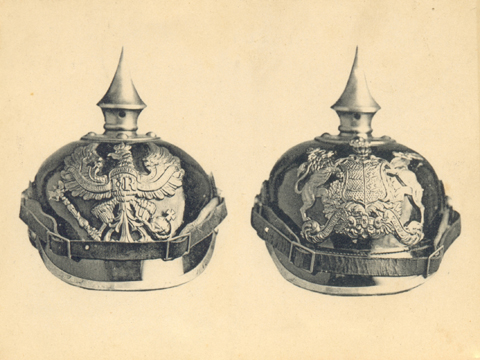
This article was originally published in Volume 17, Number 2 of the Canadian Military Journal in spring 2017.

These four recent books on the Prussian General Carl von Clausewitz (1780-1831) attest yet again to this master theorist’s ongoing interest to practitioners and scholars in the fields of strategy, international relations, military theory, and civil-military relations. His masterpiece, On War, has been of enormous influence worldwide ever since its posthumous publication in the 1830s. There have been innumerable testimonials to its impact, but four will suffice here to make the point. According to Major-General JFC Fuller, Clausewitz rises to the level of a Galileo, a Euler, or a Newton. T.E. Lawrence (of Arabia) considered Clausewitz the intellectual master of all writers on the subject of war, and the British philosopher W.B. Gallie is of the view that On War was the first and to date, the only book of outstanding intellectual eminence on the subject of war. Finally, one of the leading strategic theorists still writing today, Colin Gray, has concluded that for as long as humankind engages in warfare, Clausewitz must rule.1



